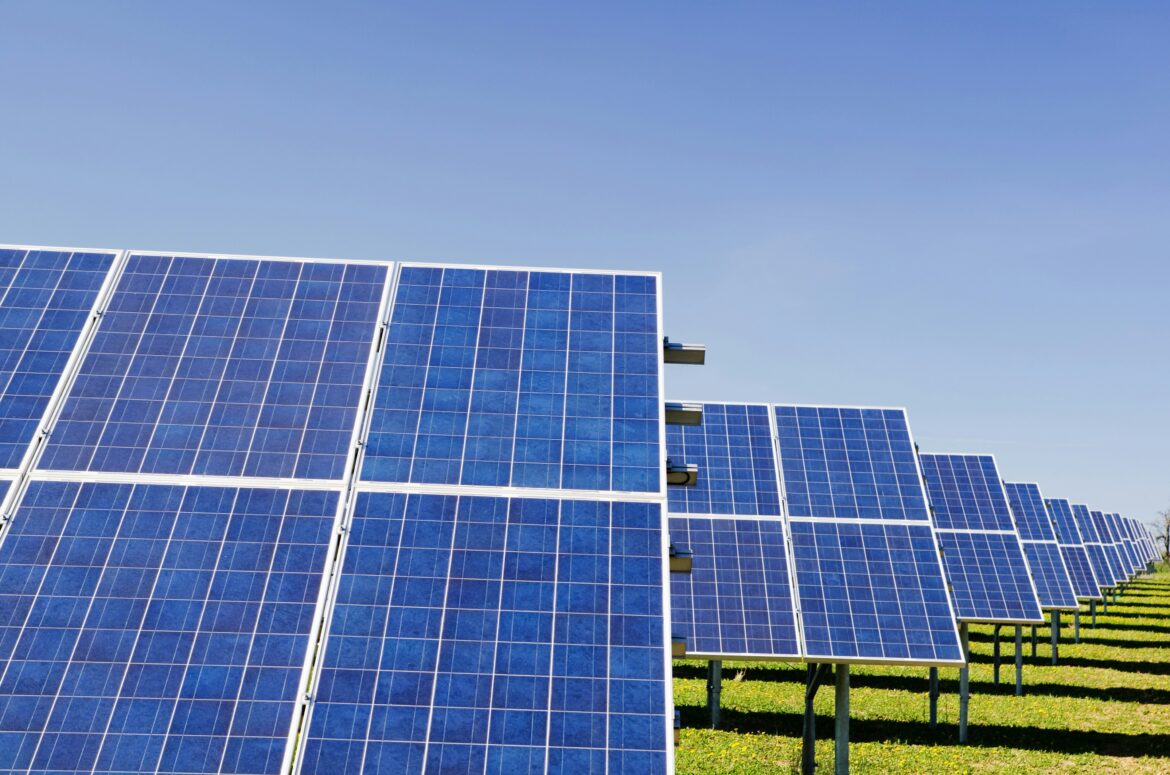This month, the International Renewable Energy Agency (IRENA) published its first official tracking report of UAE Consensus energy goals to triple renewables and double energy efficiency by 2030.
Key findings of the report include:
- Tripling renewable power capacity to 11.2 TW requires average annual additions of 1 044 GW in 2024–2030.
- While 473 GW of new renewable power capacity was added in 2023, except for solar PV, capacity additions for all renewable energy technologies are below the level required to meet the tripling target.
- Likewise, although annual investments in solar PV are on track to meet the USD 397 billion required each year until 2030 to achieve the tripling goal, other technologies remain underfunded.
- Compared to 2023 capacity, the world needs three times more onshore wind, six times more offshore wind and bioenergy, and thirty-five times more geothermal.
- The geographic deployment of renewable power remains “highly uneven,” but it is also the cheapest option for new electricity in almost every country.
- Current national plans and targets will deliver only half of the required growth in renewable power by 2030, at 7.4 TW, resulting in a shortfall of 34% (3.8 TW) in 2030.
- Renewable power targets in NDCs do not align with national plans, and will only increase total renewable power capacity to 5.4 TW by 2030.
- Although investments in renewable capacity reached a record high of USD 570 billion in 2023, this falls well short of the USD 1.5 trillion needed each year between 2024 and 2030.
- USD 31.5 trillion in cumulative investment in renewables, grids, flexibility, efficiency and conservation is needed to meet the UAE Consensus renewable energy and energy efficiency goals for 2030.
The report also makes a number of different recommendations for the years ahead, highlighting the need to strengthen policies and regulations to deal with barriers and bottlenecks and reduce permitting delays and administrative barriers, while accounting for legitimate concerns.
Further, IRENA outlines that financing must be made available at better, especially for emerging markets and
developing economies (EMDEs) by mitigating country and currency exchange risks and delivering broader availability of concessional finance and grants.
Governments must also work to strengthen energy sector cashflows and attract public finance in the form of government spending and international grants, the report says.
Meanwhile, education, training, re-skilling and upskilling should be prioritised, with efforts made to engage those traditionally excluded from the energy workforce.
IRENA also underlines the importance of reaching an agreement on a New Collective Quantified Goal (NCQG) for climate finance at COP29, which it says will be “vital” for enhancing financial support for climate action and inspiring ambitious NDCs.
On the NDCs, it outlines that Nationally Determined Contributions in 2025 (NDC 3.0) must more than double existing renewable energy targets.
It notes that they must be measurable, specific and better aligned with national energy plans, allowing the private sector to align with national goals to “ensure a robust pipeline of renewable energy projects.”
For the full report, head here.



